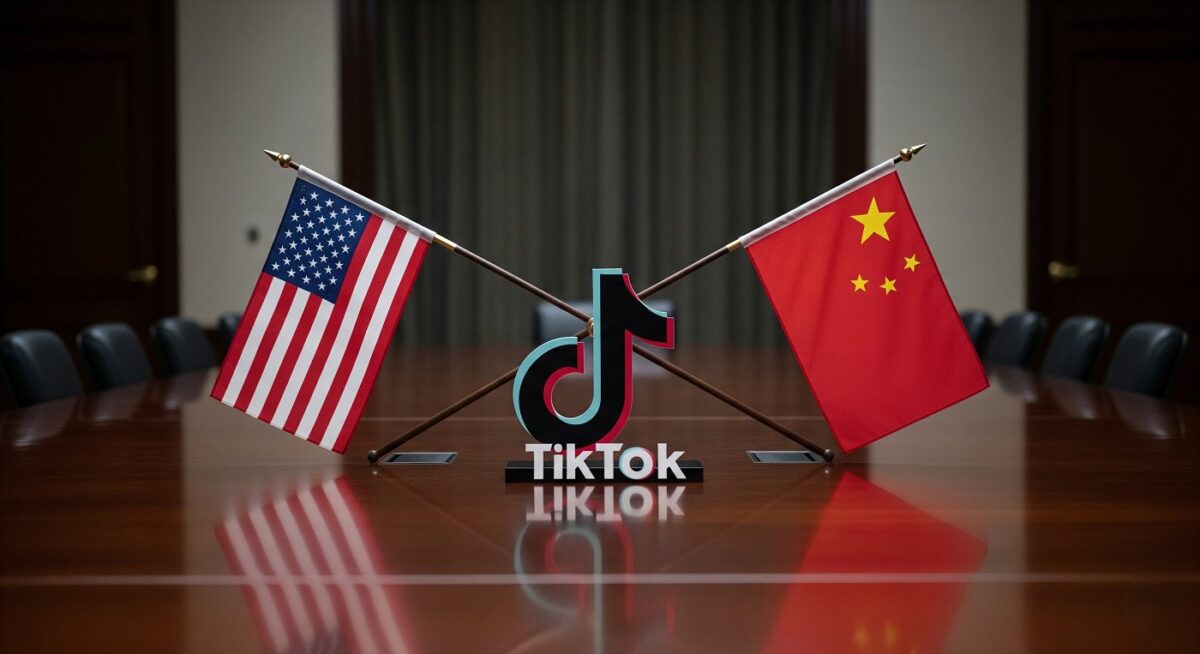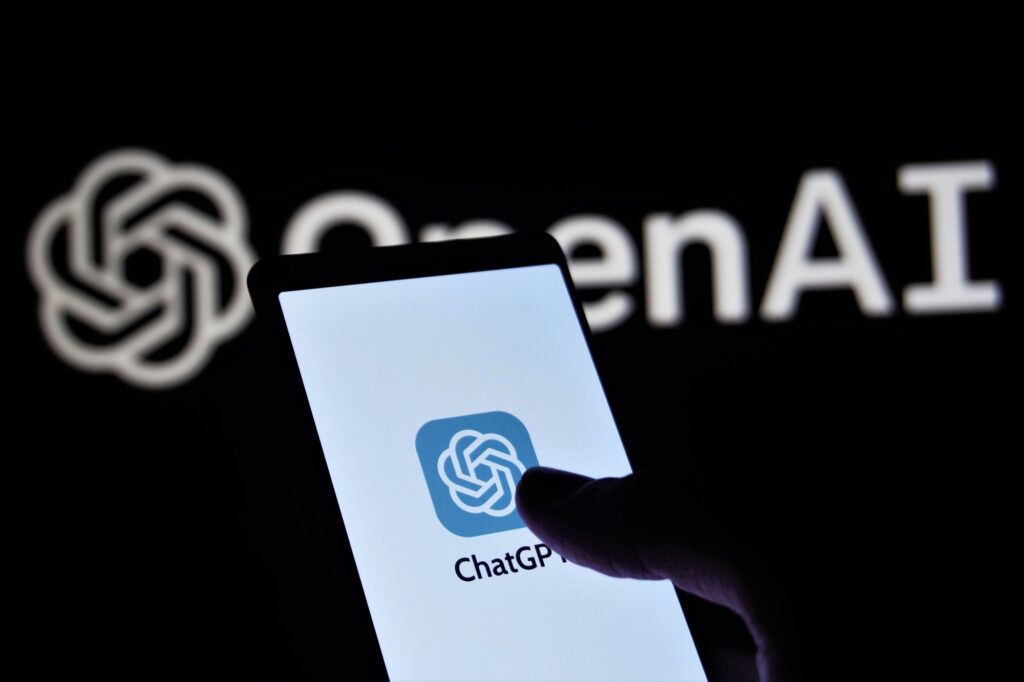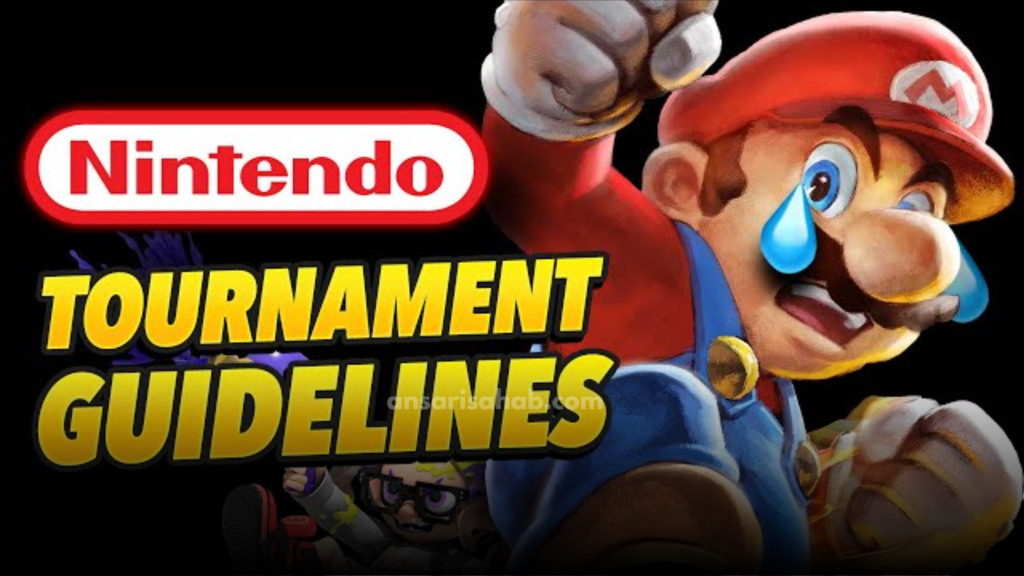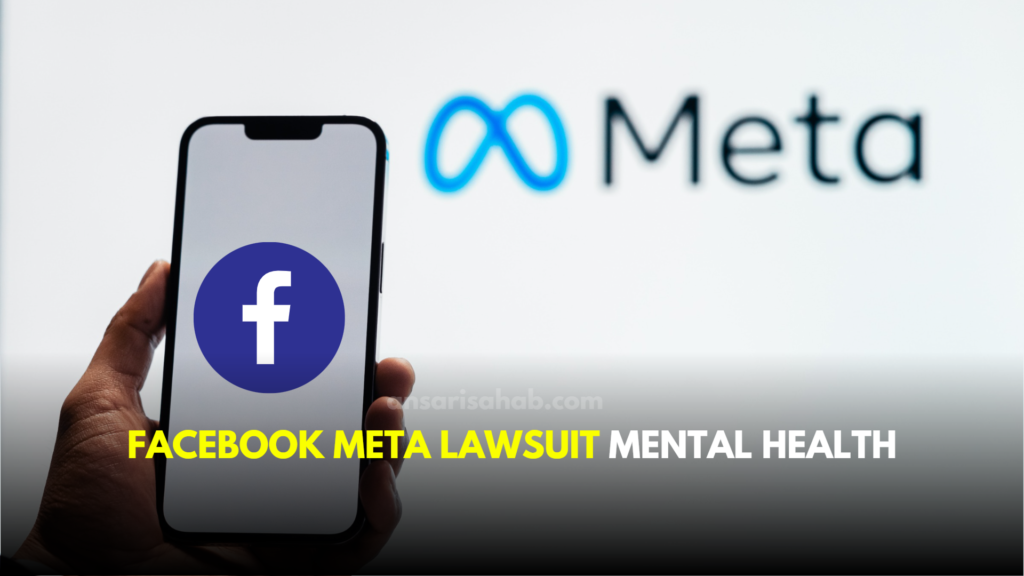The United States and China have reached a framework agreement that would allow TikTok to continue operating in the U.S. under U.S.-controlled ownership, resolving a months-long standoff over security and data access. Key leaders including U.S. Treasury Secretary Scott Bessent confirmed after Madrid trade talks that a deadline tied to shutting the app could be extended while final negotiations occur.
What Is the Deal Framework?
- The framework establishes that TikTok’s U.S. operations, currently owned by ByteDance (a Chinese company), will transition to U.S.-based ownership or control, though commercial terms remain undisclosed.
- Chinese authorities have agreed in principle to license TikTok’s recommendation algorithm and other intellectual property rights rather than fully severing Chinese involvement.
- U.S. user data and content moderation would be handled by a trusted U.S. partner to address national security concerns.
Why It Matters: Background & Legal Pressure
- U.S. law (the Protecting Americans from Foreign Adversary Controlled Applications Act, or PAFACA), passed in 2024, requires ByteDance to divest or risk a ban on TikTok in the U.S. unless the app’s control shifts to a U.S. entity.
- The U.S. set a deadline of September 17, 2025 for complete handover or divestiture. Without agreement, TikTok would face being shut down in the U.S.
- The talks in Madrid are part of broader U.S.–China negotiations covering trade tariffs, export controls, and technology restrictions. Agreement on TikTok is seen as a breakthrough in this larger diplomatic context.
Expert Views & Unresolved Issues
- U.S. officials emphasize national security is the priority. Treasury Secretary Bessent noted the U.S. side cares less about preserving “Chinese characteristics” in the app beyond what China considers soft power; the U.S. is focused on algorithm control and data oversight.
- China’s representatives, while agreeing to the framework, have warned against what they describe as politicizing technology and trade issues. They also reiterated that principle and fairness must be preserved.
- Key terms not yet settled include how much ownership ByteDance (or China) may retain, what company or entity will handle U.S. data, licensing of algorithm IP, and how content moderation will be structured.
What It Means for Users
- Service continuity: TikTok users in the U.S. likely will avoid a shutdown on or near the September 17 deadline if this framework is finalized. The app should remain functional during transition.
- Data handling changes: The framework would place U.S. user data under American oversight or at partners subject to U.S. law. This may change privacy practices, moderation policies, or backend data access.
- Algorithm transparency and licensing: While algorithm ownership remains contentious, the deal could mean more transparency or licensing arrangements allowing U.S. entities a role in how content is recommended.
Next Steps & Potential Pitfalls
- A high-level call between U.S. President Donald Trump and Chinese President Xi Jinping is expected to firm up or ratify details.
- Congressional approval or oversight may be required, especially given existing laws mandating divestiture. Some elements of the framework might clash with U.S. legislative or judicial requirements.
- Implementation risks include delays, public opposition, or legal challenges—especially around intellectual property, free speech, and how “control” is defined.
FAQs
It requires that TikTok’s U.S. operations move to a U.S.-controlled ownership structure, with U.S. oversight over user data and content moderation, while licensing intellectual property like the recommendation algorithm.
Yes, under current law TikTok faces a U.S. shutdown if it fails to divest ByteDance’s control by the deadline, though the framework deal may allow for a short extension.
Users may see more U.S.-based oversight of how their data is stored, accessed, and moderated. The algorithm might be licensed to U.S. entities, possibly leading to greater transparency in how recommendations are made.









